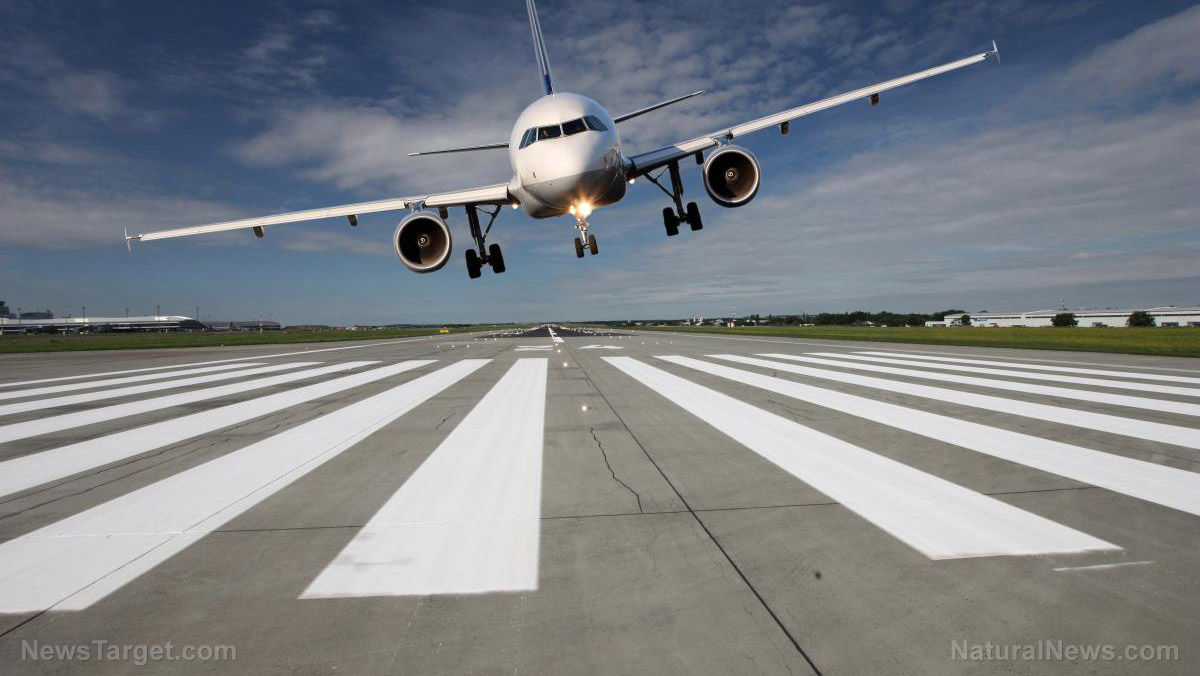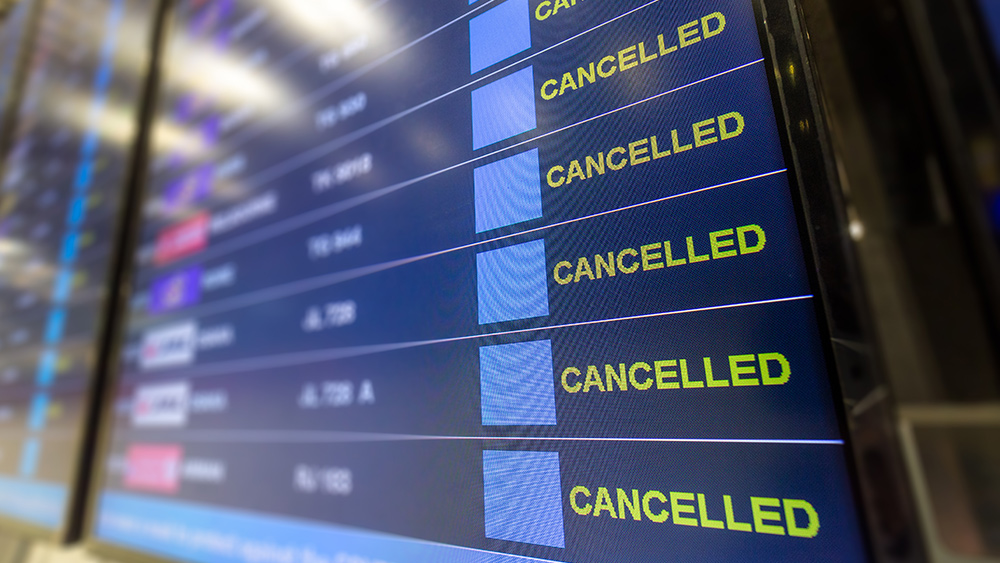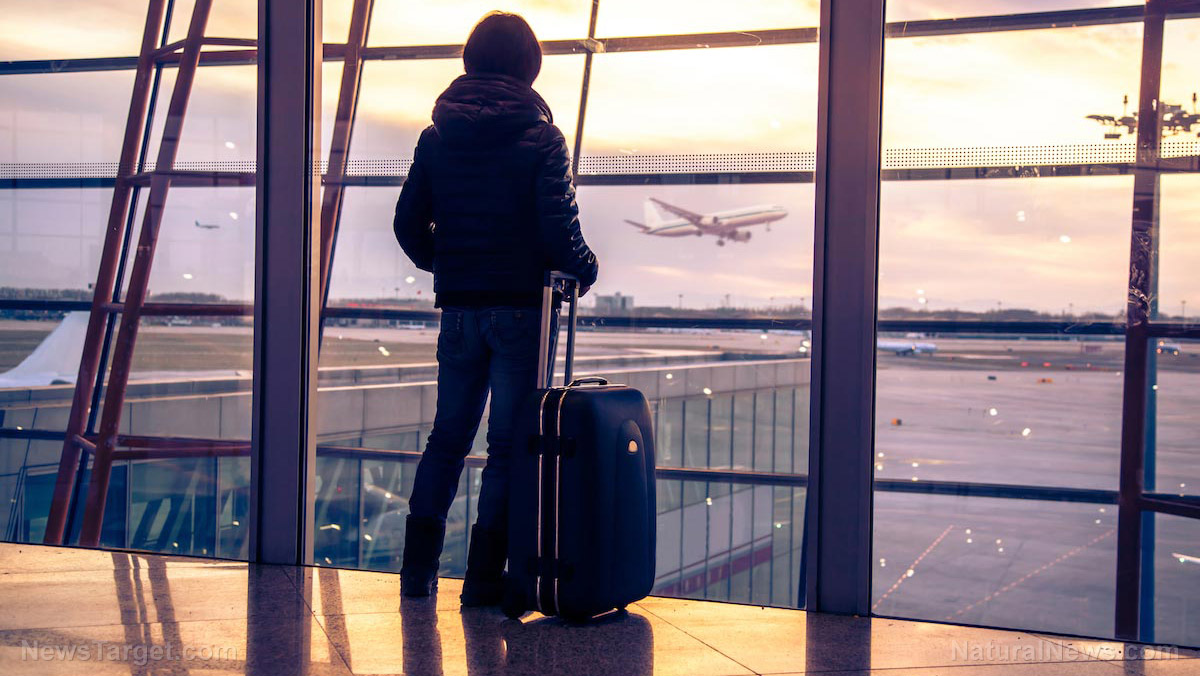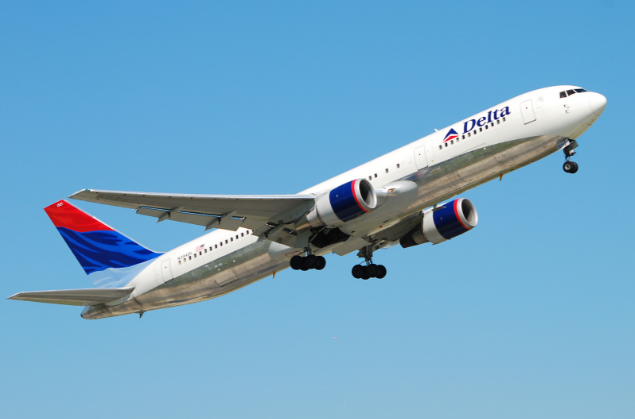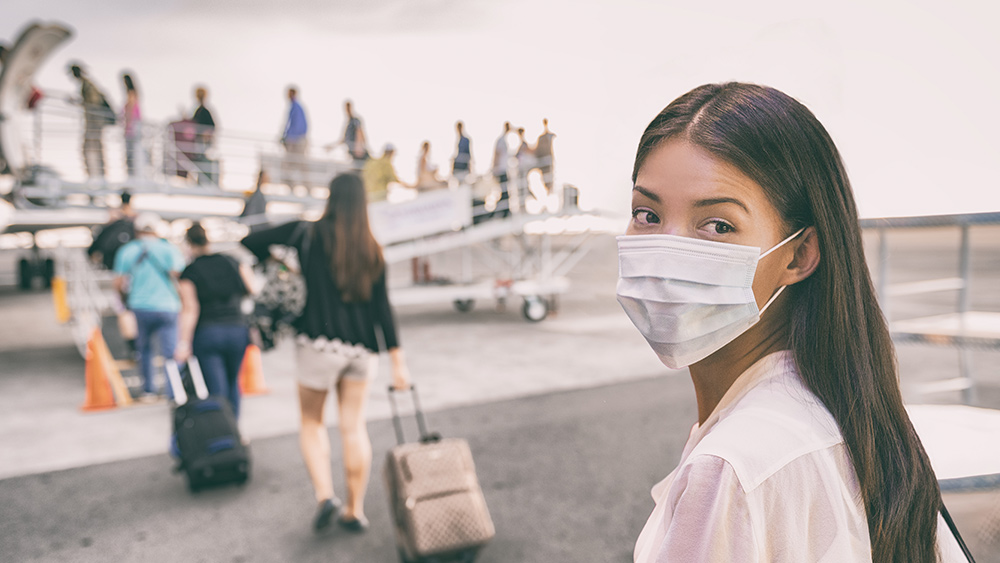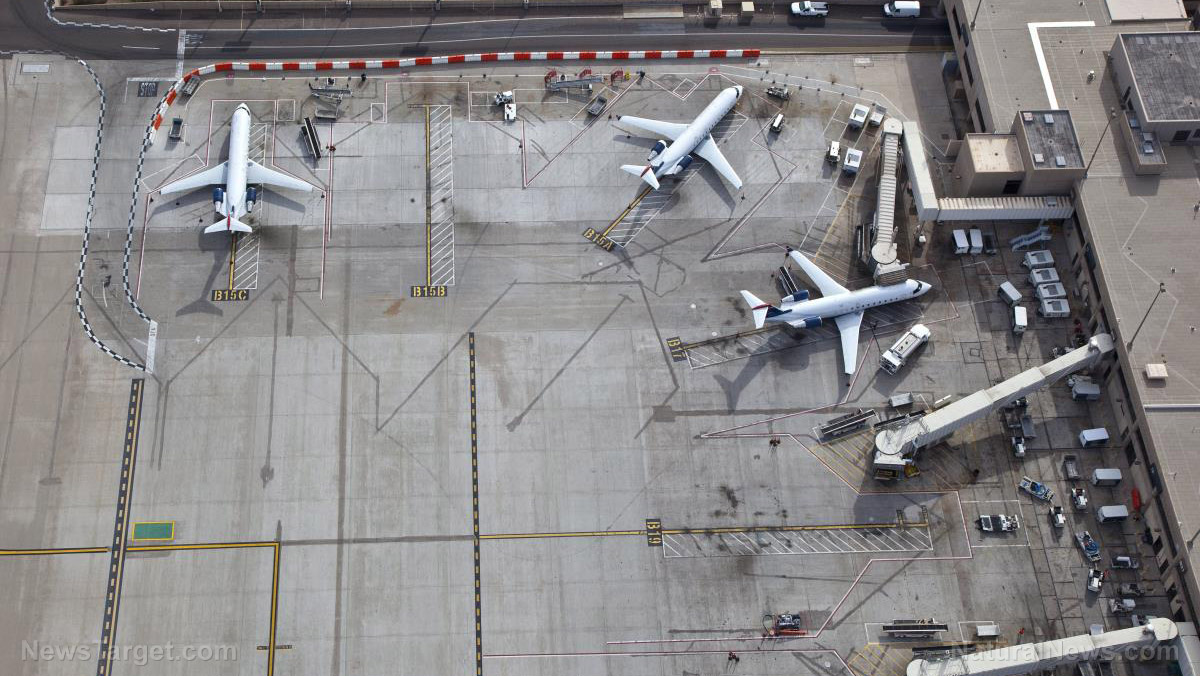
American Airlines (AA) canceled more than 300 flights over the weekend due to a lack of pilots. The cancellations prompted travelers to take to social media to voice out their frustration. The issue stemmed from the large-scale retrenchment of pilots during the start of the Wuhan coronavirus (COVID-19) pandemic. Because of this, the carrier announced that an unanticipated surge in demand for post-pandemic travel could cause 3,000 flights to be axed by the end of July 2021.
A report by the Daily Mail said the carrier cut 123 flights on Saturday, June 19. The next day, it canceled another 180 flights and followed up with the cancellation of 98 flights scheduled on June 21. In total, 303 flights were cut on Saturday and Sunday – and the additional canceled Monday flights brought up the total to 401.
Many affected passengers posted about their harrowing experience on social media. Matt Jones shared a picture of a mile-long line for customer service desks at Miami International Airport. He and other passengers queued in front of the desks after their AA flight from Florida to New York encountered lengthy delays before finally being canceled.
Scott Kubie meanwhile tweeted that his partner's flight was "canceled last minute for no given reason." While they surmised pilot shortage as the possible reason, they noted that AA should not "sell tickets [it] can't honor." Kubie also noted how AA staff members were "unhelpful at the service desk."
A passenger who was left stranded on June 20 tweeted how AA canceled his flight because "not enough people boarded." They claimed that they were "stuck at the airport since 8 a.m." and only got confirmed for a flight 10 hours later at 6 p.m. Another passenger lashed out at the airline for canceling his wife's flight "without notice." The second passenger added that AA did not reschedule another flight for his wife, who just had surgery, so she can fly home.
The cancellations occurred amid a post-pandemic air travel boom
Speaking to ABC News, the airline said most of the cancellations were for its Boeing 737 and Airbus A320 aircraft. It added that it anticipates axing 50 to 60 flights daily for the remainder of June. Furthermore, the carrier said it will cancel 50 to 80 flight daily in July – amounting to more than 3,000 flights.
AA said in a statement: "We made targeted changes with the goal of impacting the fewest number of customers by adjusting flights in markets where we have multiple options for re-accommodation."
Demand for air travel collapsed during the onset of the COVID-19 pandemic as various countries put lockdowns in place. Because of this, airline companies – including AA – were forced to lay off employees to cut costs. It retrenched 1,200 of its 15,000 pilots, with most of the pilots skilled in flying the Boeing 737 jets that comprise the U.S. carrier's domestic fleet being laid off. (Related: COVID-19 hits aviation industry: American Airlines grounds fleet, suspends flights.)
But now, Americans quickly resumed travel as COVID-19 vaccination became more widespread, case numbers dropped and quarantine restrictions were lifted. The sudden surge in post-pandemic travel caught airline companies by surprise – and many pilots previously laid off became much-coveted hires.
Even though carriers scramble to rehire retrenched pilots, an industry bigwig warned that the U.S. could face a pilot shortage in the future. United Airlines CEO Scott Kirby predicted that more pilots who gained experience during the Cold War will hang up their hats. "The military produces far fewer pilots today than in the Vietnam [War] and Cold War [eras], and it's hard to become … a commercial airline pilot if you're not going through the military," he explained.
The ABC News report noted that the U.S. airline industry is also facing a shortage of staff members aside from pilots. Thousands of airline employees were offered early retirements and buyouts when air travel stopped in March of last year. But airlines are scrambling to fill these vacancies once more as travel returned to pre-pandemic levels, (Related: Thousands of US aircraft sit dormant amid coronavirus travel restrictions.)
The same report said AA is dealing with a shortage of catering staffers and wheelchair operators. Meanwhile, its rival United Airlines desperately seeks baggage agents. Delta Air Lines's automated service told customers at one point during last month's Memorial Day weekend that it would take more than 21 hours of waiting to talk with a reservation agent.
Visit Pandemic.news to read more about the impact of COVID-19 on the airline industry.
Sources include:
Please contact us for more information.















